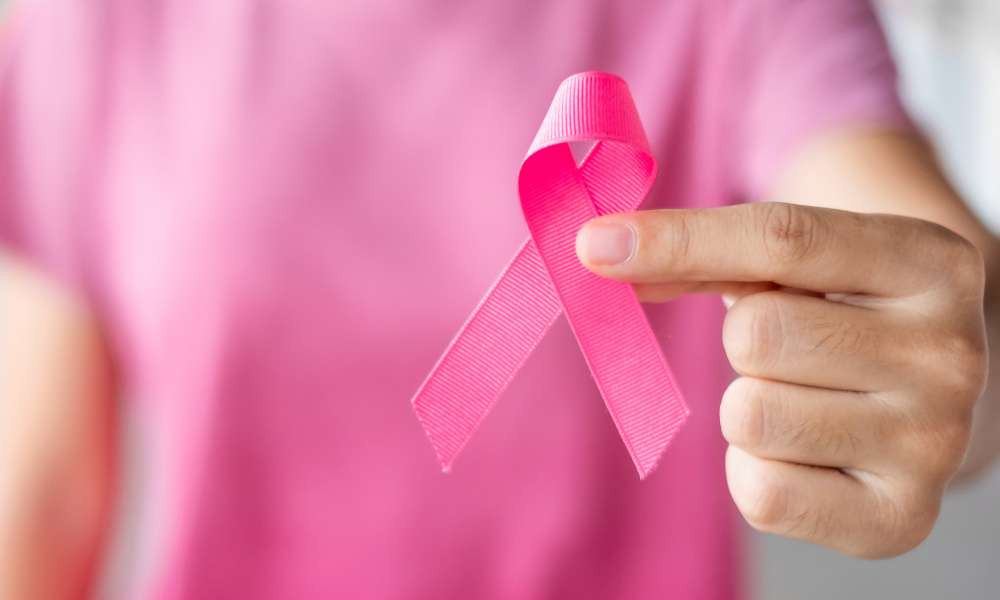Elinzanetant cuts hot flashes by 70% in patients, boosting sleep and menopausal quality of life

More than 70 percent of breast cancer patients on Bayer’s elinzanetant reported at least a 50 percent drop in moderate-to-severe hot flashes within three months, according to findings presented at a recent cancer conference and published in The New England Journal of Medicine.
Reuters said that he late-stage trial involved 474 patients undergoing hormone-suppressing therapy, a treatment that replicates menopause-like symptoms by blocking oestrogen and progesterone.
Of the participants, 316 received elinzanetant and 158 were given a placebo.
The study also found improvements in sleep quality and overall menopause-related quality of life by week 12.
“It is important to treat vasomotor symptoms because they can negatively impact quality of life and lead to women prematurely stopping their breast cancer treatment,” said Fatima Cardoso of the Champalimaud Clinical Center in Lisbon, who led the study.
Elinzanetant is a non-hormonal drug from a class called neurokinin receptor antagonists, which targets the neurobiological mechanisms in the brain responsible for hot flashes and night sweats.
As per Reuters, this class of treatments offers a hormone-free option, important for breast cancer patients whose tumours are hormone-sensitive.
The US Food and Drug Administration (FDA) has extended its review of elinzanetant by up to 90 days, Bayer said in a statement reported by Reuters.
The agency did not raise any concerns around the general approvability of the drug.
Elinzanetant, branded as Lynkuet, is already approved in the United Kingdom and Canada, with submissions pending in the European Union.
Bayer had been preparing for a 2024 launch and projected peak annual sales of at least US$1bn.
The FDA application was based on results from three late-stage studies showing the drug reduced frequency and severity of hot flashes and eased sleep disturbances in menopausal women.
Japanese drugmaker Astellas has received US approval for a similar non-hormonal treatment, Veozah, though it is not approved for breast cancer patients and any use in that group would be off-label.
An editorial published alongside the trial noted that up to 90 percent of women with early breast cancer on endocrine therapy experience vasomotor symptoms.
Non-adherence due to these symptoms may reduce survival rates.
One large study cited by the editorial found that half of participants did not complete their endocrine therapy.
Separately, researchers from the David Geffen School of Medicine at UCLA have identified a potential way to prevent or reverse type 1 diabetes caused by checkpoint inhibitor immunotherapy drugs, which include Merck’s Keytruda and Bristol Myers Squibb’s Opdivo.
The study, published in JCI Insight, found that a class of drugs known as JAK inhibitors—such as Pfizer’s Xeljanz, AbbVie’s Rinvoq, and Eli Lilly’s Olumiant—can block the IL-21 and IFN-gamma pathways that trigger autoimmune attacks on insulin-producing cells.
In mice, the treatment reduced levels of key immune cells and, in some cases, restored normal blood sugar.
“This is one of the first times we’ve found a way to intervene in these toxicities in a meaningful way,” said study lead Melissa Lechner.
She noted that the findings offer a way to preserve immune responses to cancer while controlling long-term autoimmune side effects.



